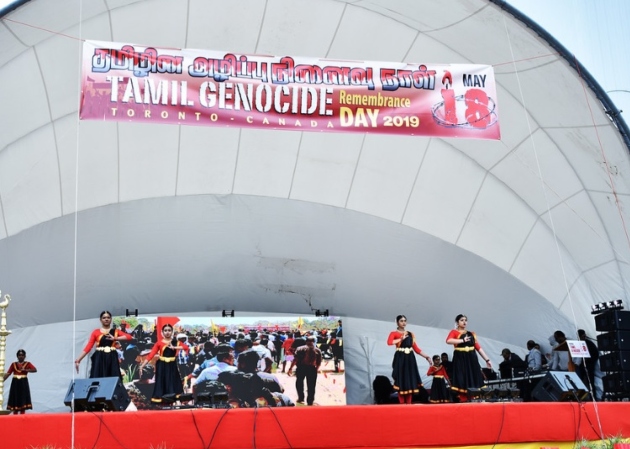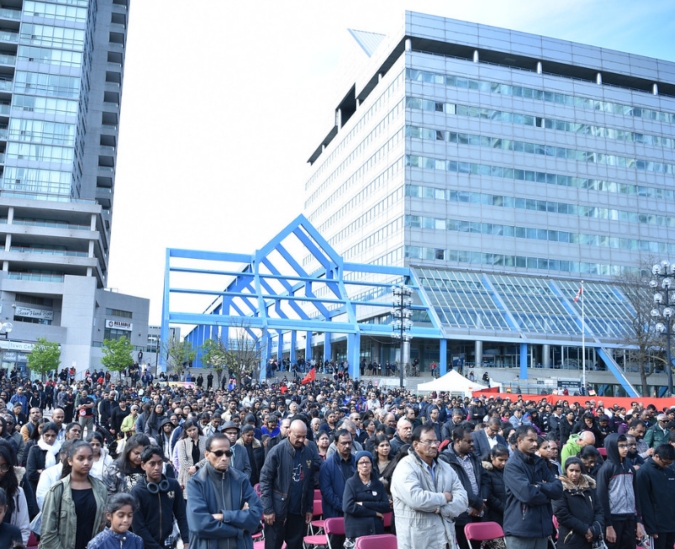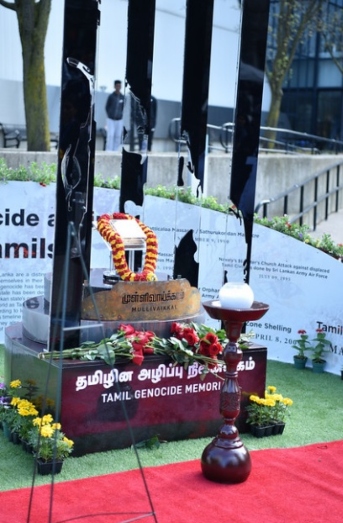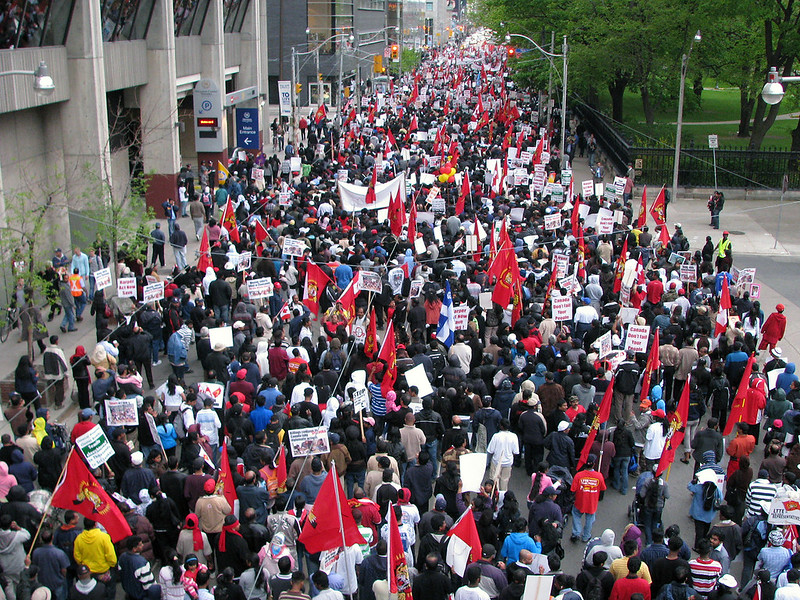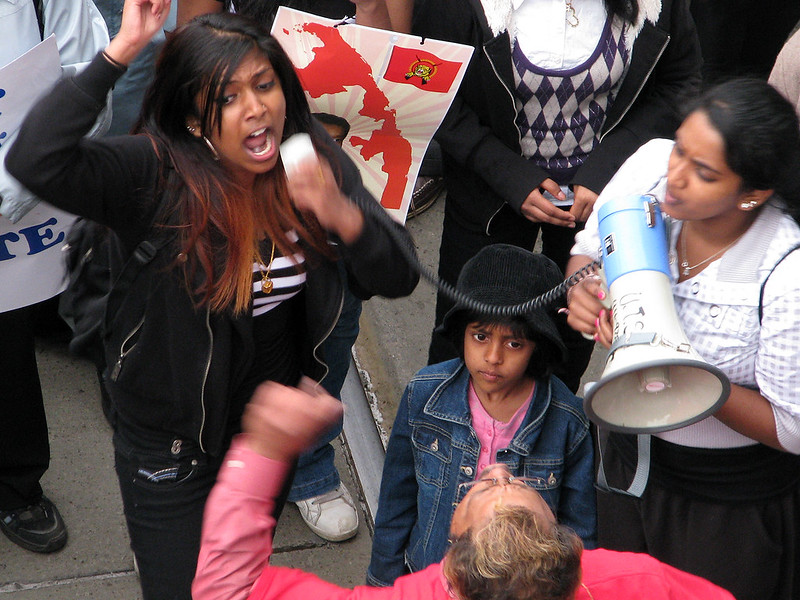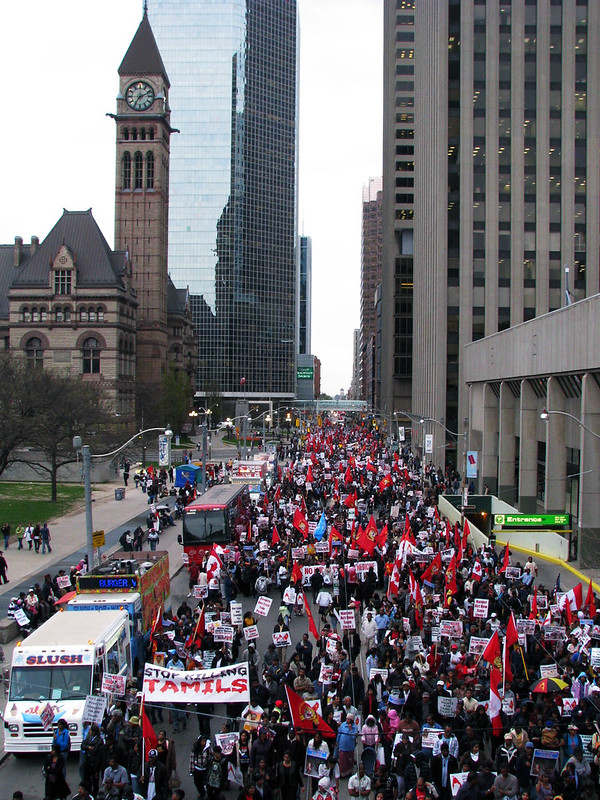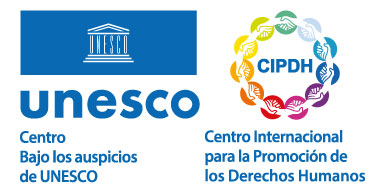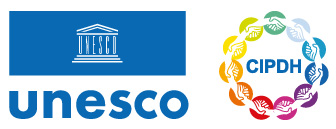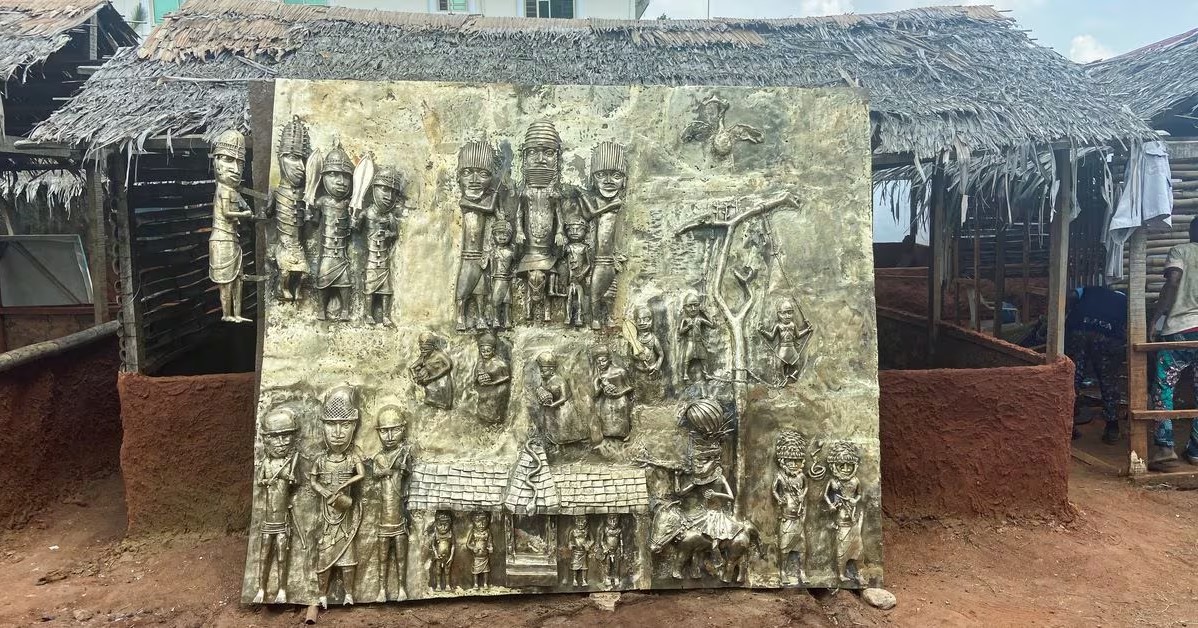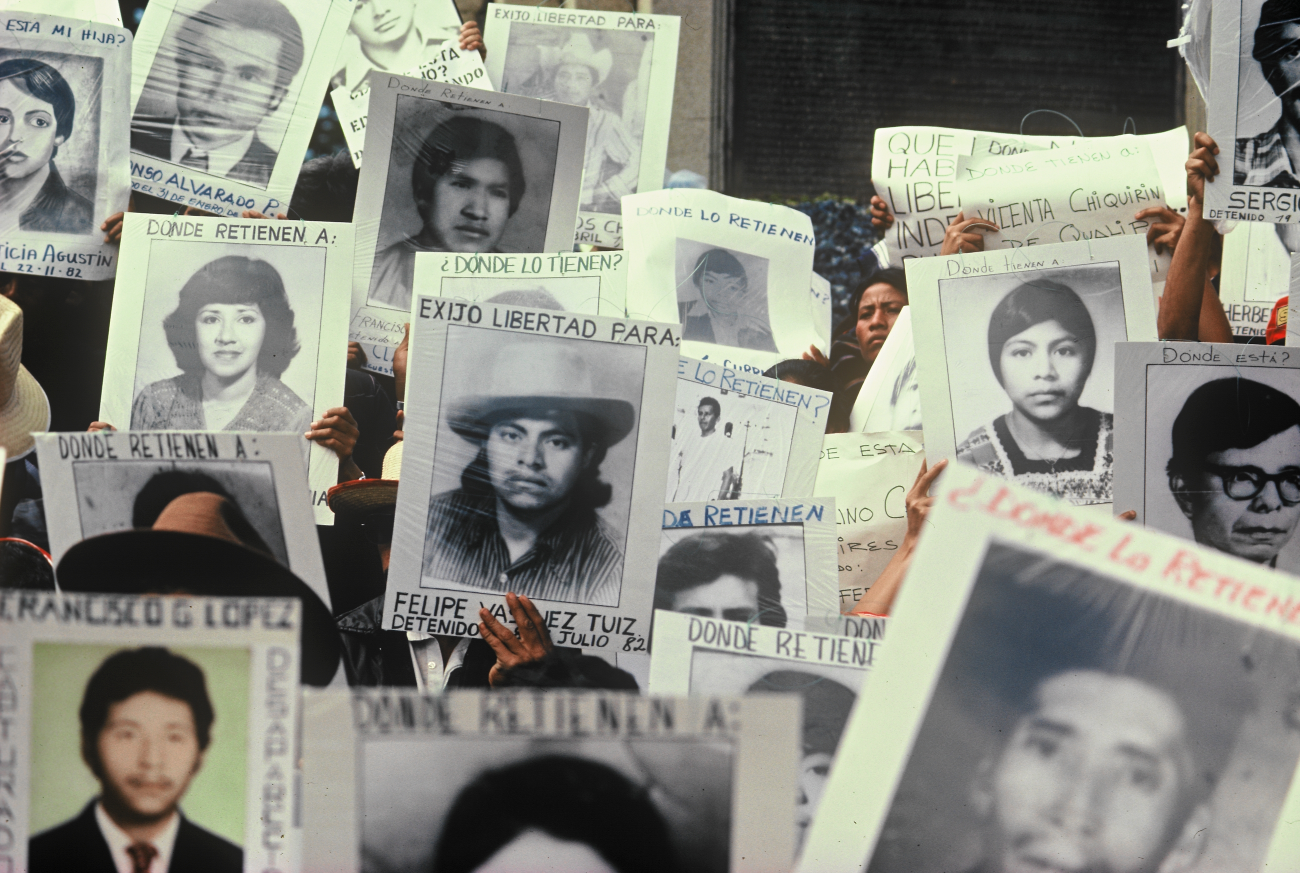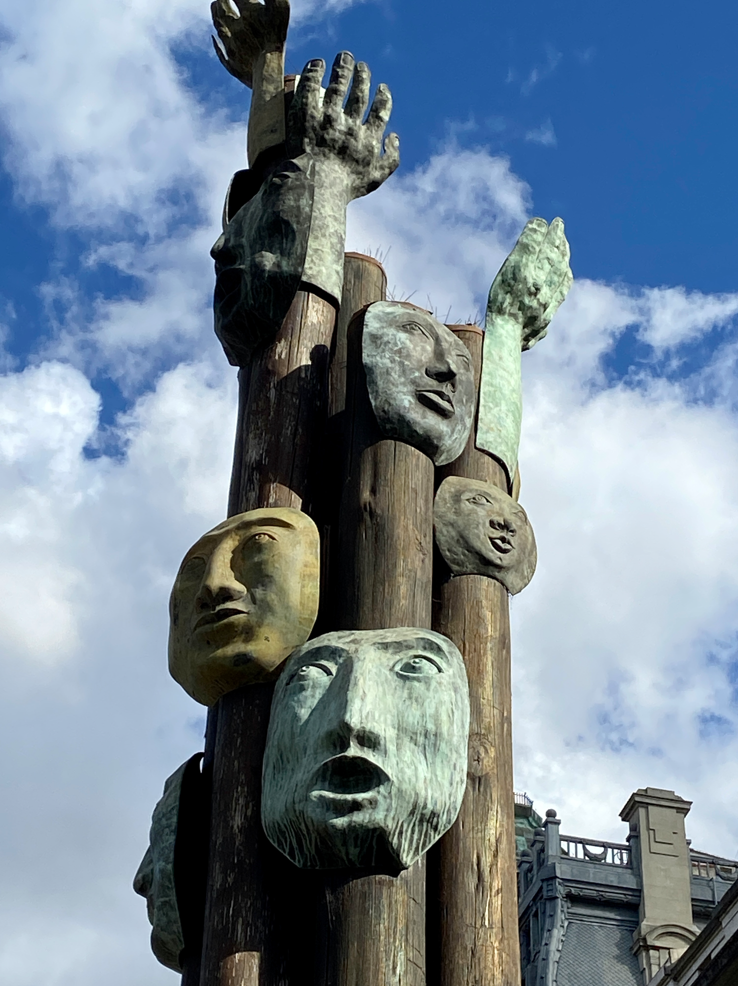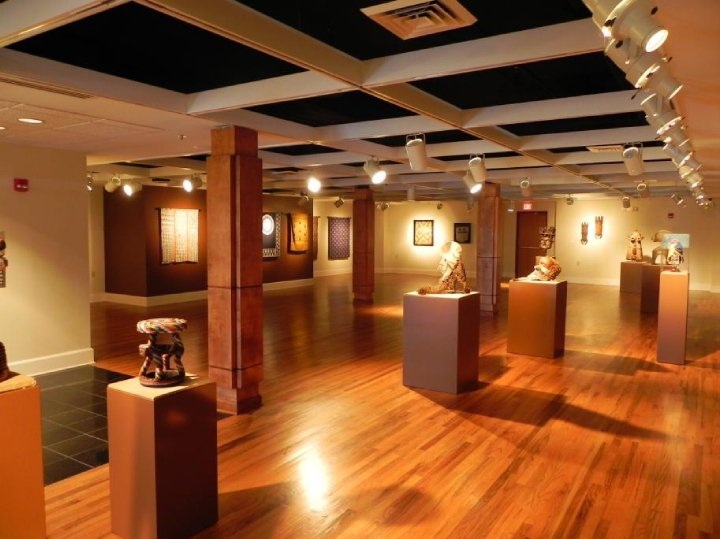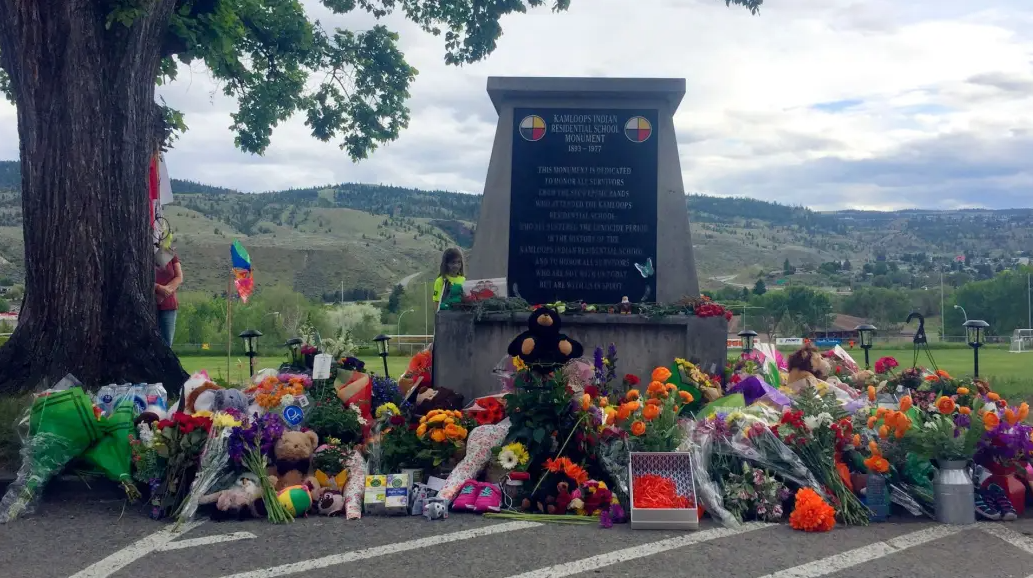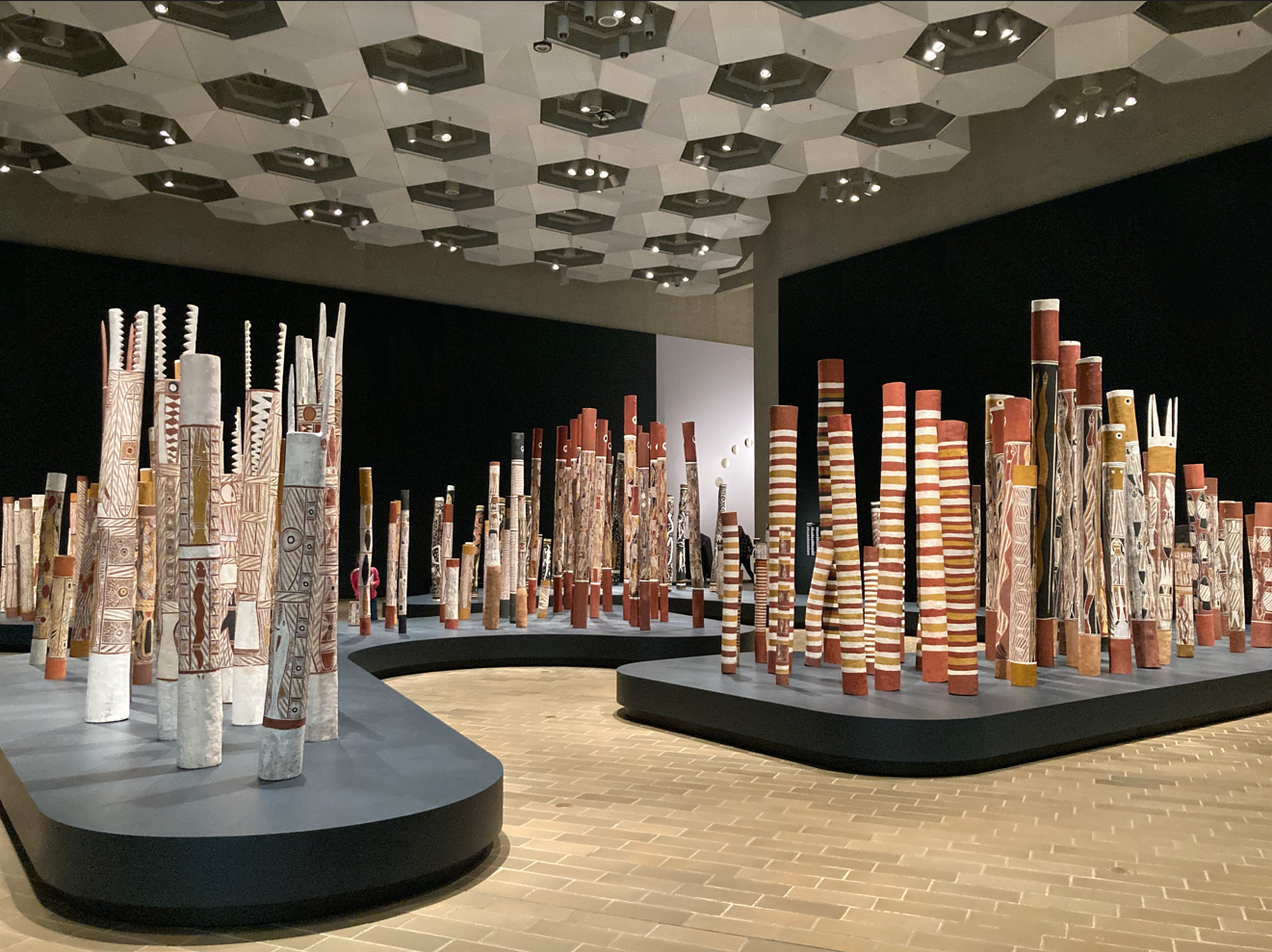Mullivaikal Remembrance Day
Intangible
Theme: Genocide and/or Mass Crimes

Address
Albert Campbell Square
Country
Canada
City
Toronto
Continent
America
Theme: Genocide and/or Mass Crimes
Purpose of Memory
To honor the memory of the Tamil victims in the massacres of Sri Lanka between 1983 and 2009.
Known Designation
Mullivaikal Remembrance Day
Date of creation / identification / declaration
2009
Public Access
Free
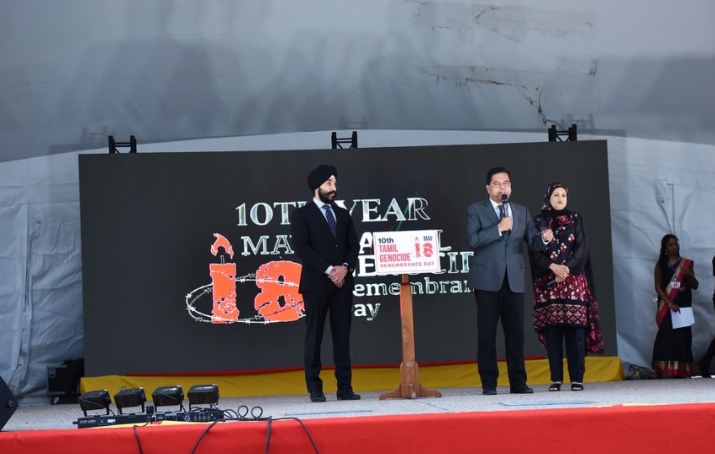
Location description
Every May 18, the members of the Tamil community in the city of Toronto pay homage to the “Mullivaikal Remembrance Day” to claim for justice for the victims of massacres that took place in Sri Lanka between 1983 and 2009. The act, that brings together thousands of people, is organized by representatives of the community and is replicated in different cities of the world where the Tamil diaspora is present. In the city of Toronto, flowers are placed on the Tamil Genocide Memorial and exhibitions, marches, shows and speeches take place.
Sri Lanka is an island located opposite the South end of India, inhabited by two ethnic groups: Sinhalese people, that make up for the most part, and Tamil people, representing a little bit more than 15% of the population. Sinhalese people are essentially Buddhist, while Tamil people are, mostly, Hindu.
The country’s independence in 1948 led to a democratic period. However, the continuous governments supported by the Sinhalese community excluded the Tamil people. Between the sixties and the seventies, the declaration of the Sinhalese as only official language and plans of colonization of the Eastern province, a territory that was traditionally Tamil, led to the first fights that ended in July 1983, with the killing of hundreds of Tamil people.
The civil war of Sri Lanka was an ethnic-religious war that went on from 1983 to 2009, and left between 80,000 and 100,000 people dead, according to United Nations data.
In May 2009, the city of Mullivaikal and its surroundings were the place under attack of the Government´s army against the last members of the independence supporter group called Liberation Tigers of Tamil of Eelam (LTTE). According to estimations, about 300,000 civilians were trapped and at least 40,000 died.
Since 2011, the annual reports of United Nations have insisted on the need to solve the alleged crimes against humanity committed in the last stage of the conflict that led to the fight of the Sri Lankan army with LTTE.
The war caused, also, a Tamil diaspora in the entire world.
The “Mullivaikal Remembrance Day” is a homage to the victims of the massacres during the Sri Lanka civil war. It is held on every May 18, day on which the Sri Lanka Government formally declared the end of hostility after the armed forces controlled the entire island in 2009.
The Government celebrated on May 18 the “Victory Day” with military parades and used to forbid any type of memorial celebration of the Tamil community. However, since 2015, the ceremonies had a new tone, being renamed as “Remembrance Day” not emphasizing the military victory but the reconciliation between the different components of the Sri Lanka population.
In the cities hosting the Tamil diaspora –such as Toronto, London or Sydney–, the commemoration of the “Mullivaikal Remembrance Day” brings together hundreds of people to participate in different activities.
In Toronto, in the last days of the civil war (May 2009), members of the Tamil community paraded to claim for the end of violence in Sri Lanka. The commemoration is made since then, every May 18: they place flowers on the Tamil Genocide Memorial and organize exhibitions, marches, shows and speeches, among other activities.
The city of Toronto declared, in 2019, May 18 as the “Tamil Genocide Remembrance Day”.
